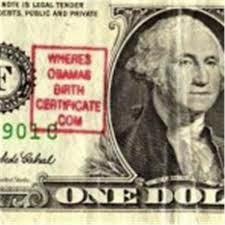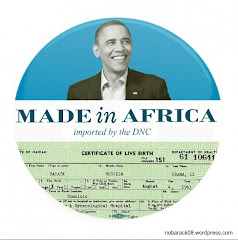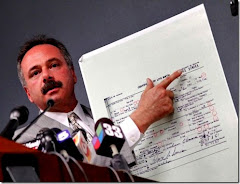Over the last couple of years the current crop of Tea Partiers somehow got the idea that what they were supposed to do was join the political thugs raping America by running for office. If they looked back at the 1773-75 Tea Partiers, they would see that their job—their sole job—was to use the clout of "We The People" to keep government on the "straight and narrow" by exposing the unconstitutional wrong-doing of the political thugs and financial opportunists who became part of those who threatened the nation and recall them, run them out of office on a rail, or jail them for malfeasance or other crimes and misdemeanors. Anyone who wants to be part of today's Tea Party, one would think, would want to understand what the original Tea Party stood for because that's where liberty came from.
What we know today as the Boston Tea Party was an outlaw political protest against the British government which found itself bankrupt in 1772. The Hapsberg Austro-Hungarian expansion across central Europe began in 1600 led to Queen Elizabeth I's involvement in Europe's very expensive Thirty Years' War (1618-1648) four years before her death from blood poisoning. The cause of the Thirty Years' War was the rebirth of central Europe's feud between the Hapsburgs (who sat on the Protestant thrones of England, Austria and Hungary) and the Catholic Bourbons (the French). The Thirty Years' War ultimately dragged almost every nation in Europe into the fray based on whether they were Catholic or Protestant.
In the end, the war shifted from theological prejudices to altering the balance of power in Europe. And, like in all wars, the farmers suffered first. The consumers who needed to buy the produce, dairy products and meat raised by the farmers suffered when the harvests failed to come in, the farmers the merchants and the consumers found their own livelihoods deprived. Most did not have the the money needed to buy the sundries they needed—if they could find anything to buy.
READ MORE...





















 An election for President and Commander in Chief of the Military must strive to be above reproach. Our public institutions must give the public confidence that a presidential candidate has complied with the election process that is prescribed by our Constitution and laws. It is only after a presidential candidate satisfies the rules of such a process that he/she can expect members of the public, regardless of their party affiliations, to give him/her the respect that the Office of President so much deserves.
An election for President and Commander in Chief of the Military must strive to be above reproach. Our public institutions must give the public confidence that a presidential candidate has complied with the election process that is prescribed by our Constitution and laws. It is only after a presidential candidate satisfies the rules of such a process that he/she can expect members of the public, regardless of their party affiliations, to give him/her the respect that the Office of President so much deserves.

No comments:
Post a Comment
Note: Only a member of this blog may post a comment.